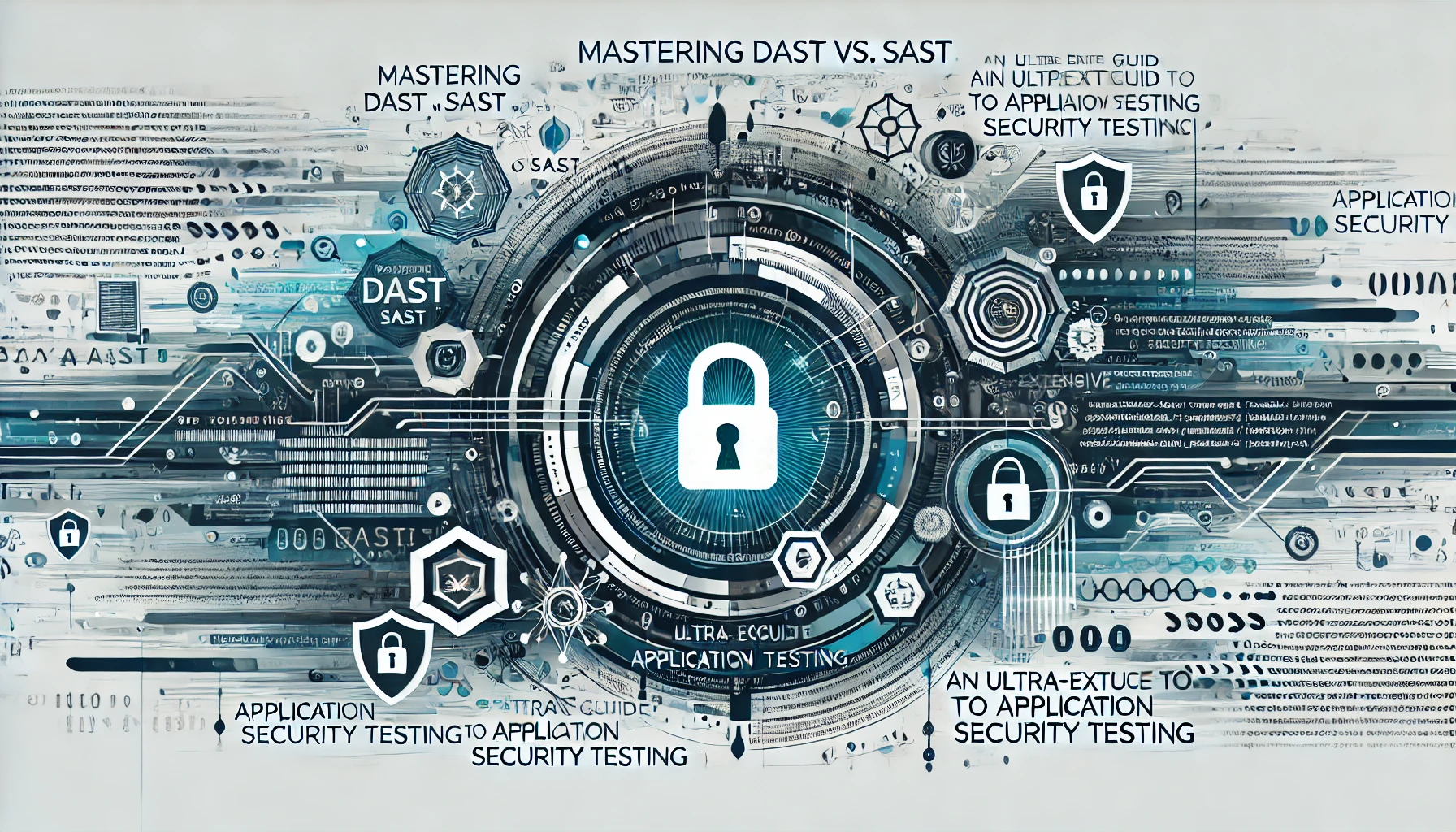As the digital landscape continues to evolve, so does the sophistication of cyber threats. It has become crucial for organizations to adopt proactive measures to defend against these threats. One such measure is leveraging threat intelligence.
Threat intelligence refers to the information gathered and analyzed about potential cyber threats and their actors. It provides organizations with valuable insights into the tactics, techniques, and procedures (TTPs) employed by threat actors, allowing them to enhance their security posture.
Here are some key reasons why threat intelligence is becoming increasingly important in cybersecurity:
1. Proactive Defense
Threat intelligence enables organizations to stay one step ahead of cyber threats. By monitoring and analyzing threat data, organizations can identify and prioritize potential risks, vulnerabilities, and attack vectors. This proactive approach helps in implementing effective security controls and mitigating threats before they can cause significant damage.
2. Enhanced Incident Response
When a security incident occurs, having access to relevant threat intelligence can significantly improve incident response capabilities. It allows security teams to quickly identify the nature of the attack, the motives behind it, and the potential impact. This knowledge enables them to respond promptly, contain the incident, and minimize its impact on business operations.
3. Contextualized Decision Making
Threat intelligence provides context to security events and alerts, enabling organizations to make informed decisions. By understanding the motivations and capabilities of threat actors, organizations can prioritize and allocate resources effectively. This contextualization also helps in determining the potential impact of threats on critical assets and infrastructure.
4. Strategic Planning
Threat intelligence plays a crucial role in strategic planning. It helps organizations identify emerging threats, trends, and vulnerabilities specific to their industry or sector. This knowledge allows them to develop proactive security strategies, allocate budgets appropriately, and invest in the right security technologies and solutions.
By incorporating threat intelligence into their cybersecurity practices, organizations can significantly strengthen their defenses against cyber threats. It empowers them to proactively detect, prevent, and respond to potential attacks, safeguarding their valuable assets and maintaining business continuity.







